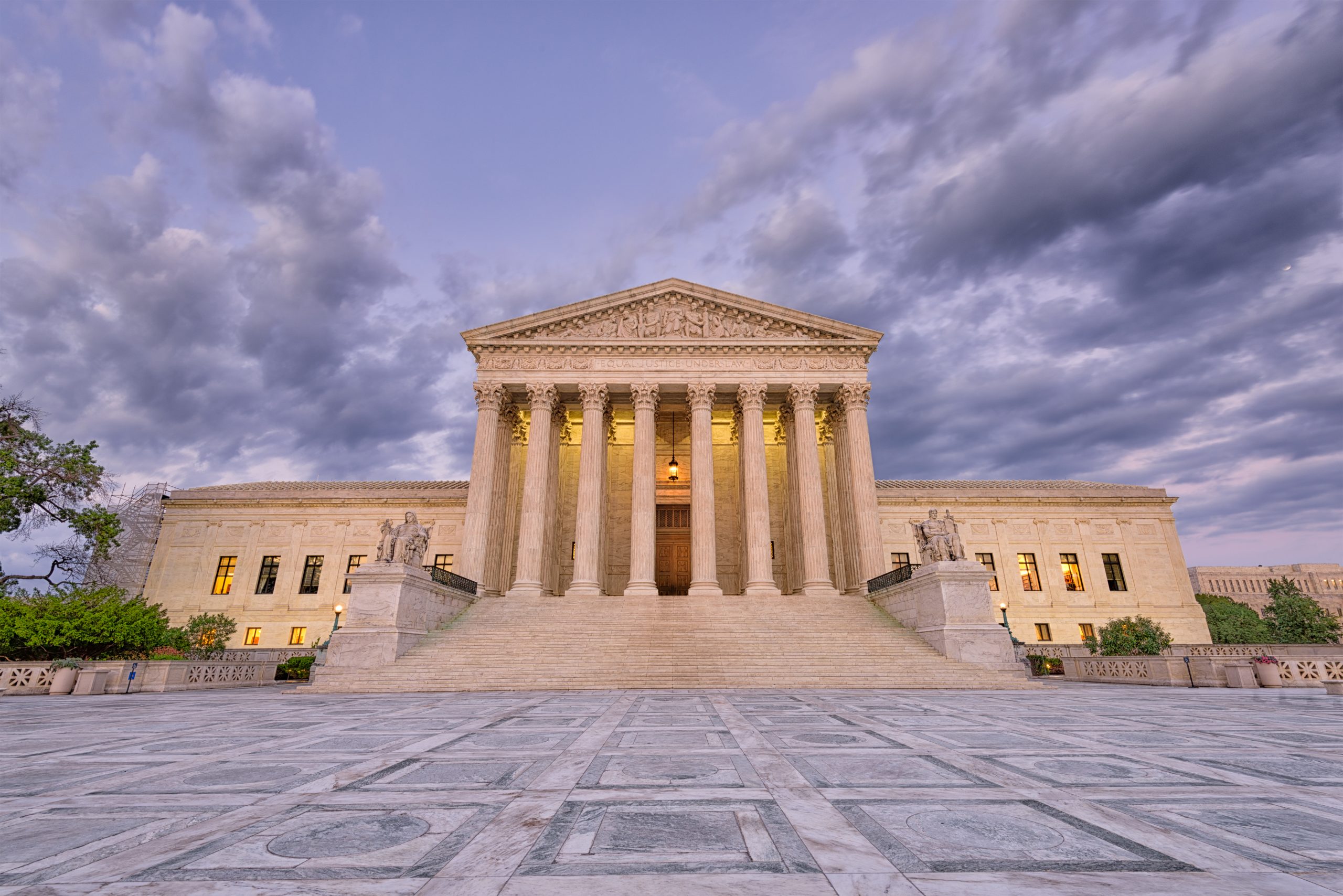
According to the Controlled Substances Act, a substance must be found to have no accepted medical application to be considered a Schedule I drug. Yet cannabis, which has been legalized for medicinal purposes in 33 states and Washington D.C., remains on this list alongside drugs like heroin and LSD.
Three years since the introduction of Washington v. Barr, a lawsuit challenging cannabis’ classification, the U.S. Supreme Court has officially announced on Tuesday, October 13th, that it will not hear the case.
A group of medical patients, which included former NFL player Marvin Washington, filed the case in 2017. The other plaintiffs were Colorado medical refugee, Alexis Bortell; U.S. military veteran, Jose Belen; 14-year old epileptic, Jagger Cotte; and the Cannabis Cultural Association. They argued that cannabis’ classification as a Schedule 1 controlled substance is unconstitutional and should therefore be overturned.
While the plaintiffs knew they faced an uphill battle, they hoped that support from congressional lawmakers would be enough to reach the peak.
In fact, seven Representatives, including Earl Blumenauer, D-OR, Tulsi Gabbard, D-HI, Jared Huffman, D-CA, and Barbara Lee, D-CA, signed a supportive brief last month, stating that cannabis’ Schedule I status “creates an unconstitutional framework that unfairly burdens their constituents.”
The lawsuit also received support from the National Organization for the Reform of Marijuana Laws (NORML), the Cannabis Bar Association, the National Cannabis Industry Association (NCIA), the Last Prisoner Project, and a variety of other cannabis organizations.
Regardless, the U.S. Supreme Court continues to reject the argument for reclassification.
“No such fundamental right (to possess or use cannabis) exists. Every court to consider the specific, carefully framed right at issue here has held that there is no substantive due process right to use medical marijuana,” stated Presiding Judge Alvin K. Hellerstein in a 20-page ruling.
Judge Hellerstein further rejected claims that the federal law was unconstitutional. “There can be no complaint of constitutional error when such a process is designed to provide a safety valve of this kind,” he said.
Sebastien Cotte, the father of the youngest plaintiff, Jagger Cotte, expressed the group’s disappointment in a statement to Marijuana Moment.
“While not surprising, as less than one percent of all petitions to the Supreme Court get a hearing, it is still very disappointing, as we’ve been fighting for this case for over three years now,” he explained.
“However, we must not forget that this case has been groundbreaking on so many levels. Not only did a federal judge say on record that looking at Alexis, Jagger and Jose that it is undeniable that cannabis has medical properties, but we also believe that this case moved the needle closer to de-scheduling of cannabis by bringing extra awareness to the unfairness of the current classification of cannabis. We are confident our case will help another case down the road achieve the ultimate goal, as everyone knows that it is not a question of if cannabis will be de-scheduled, but when.”




Leave a Reply